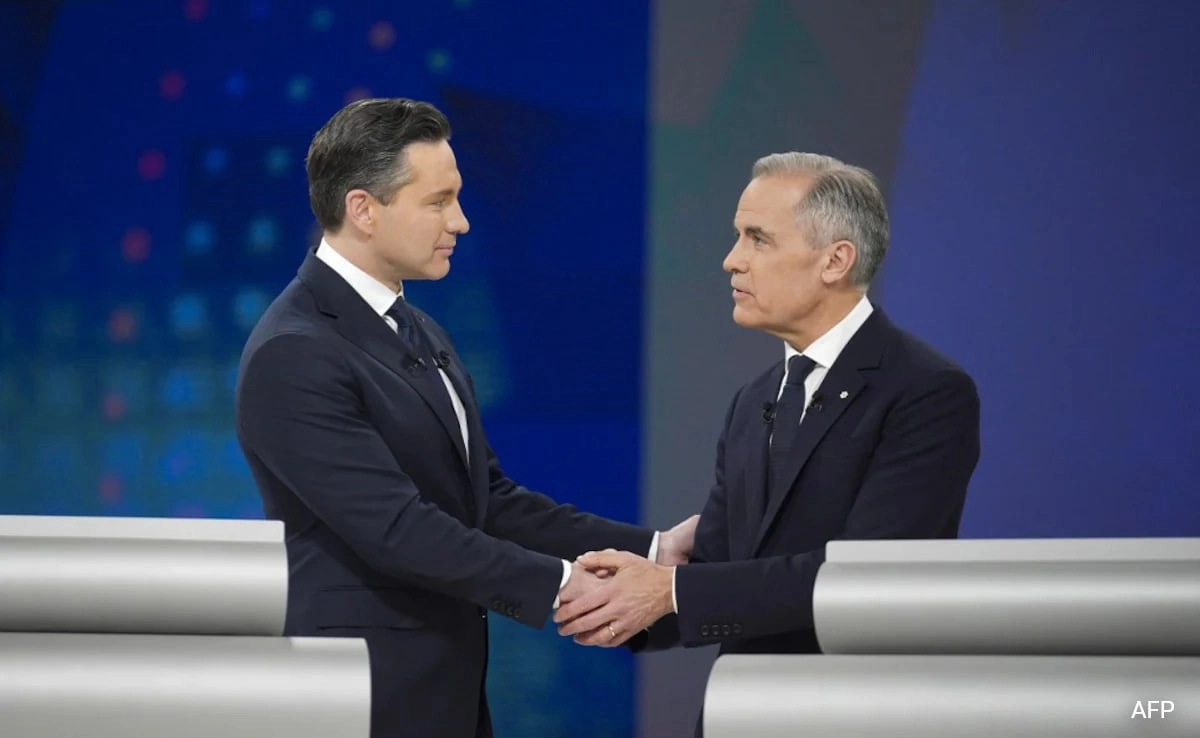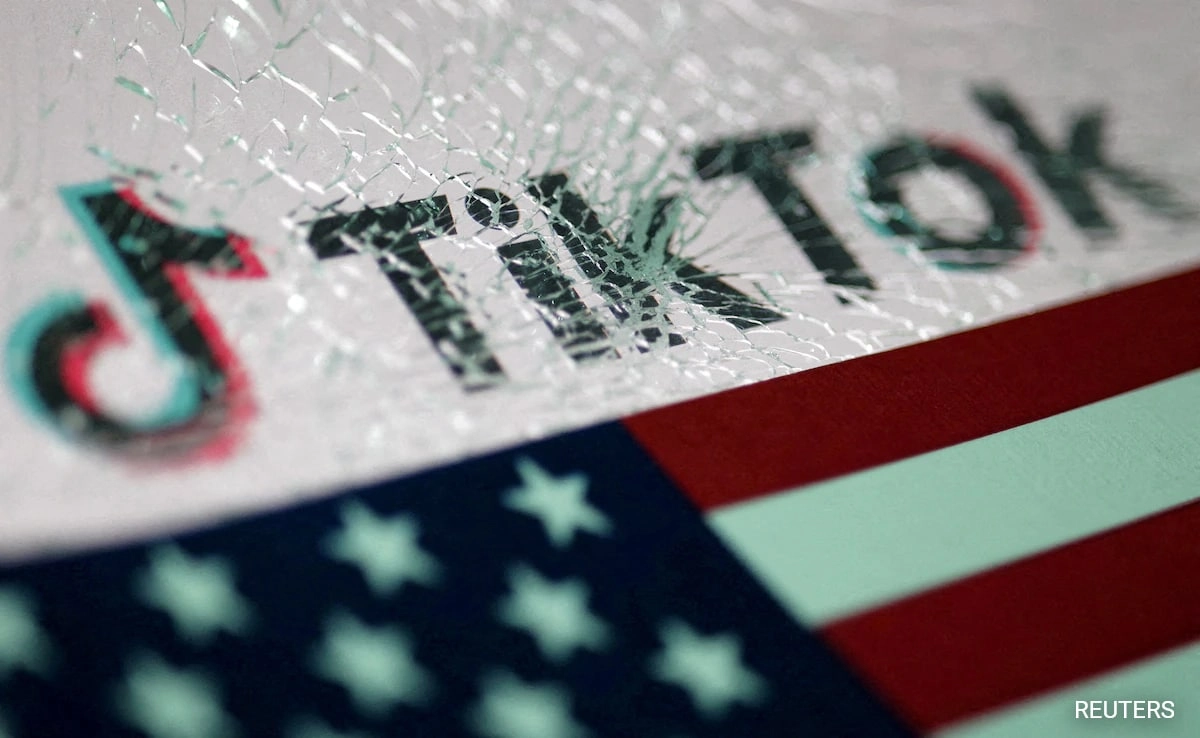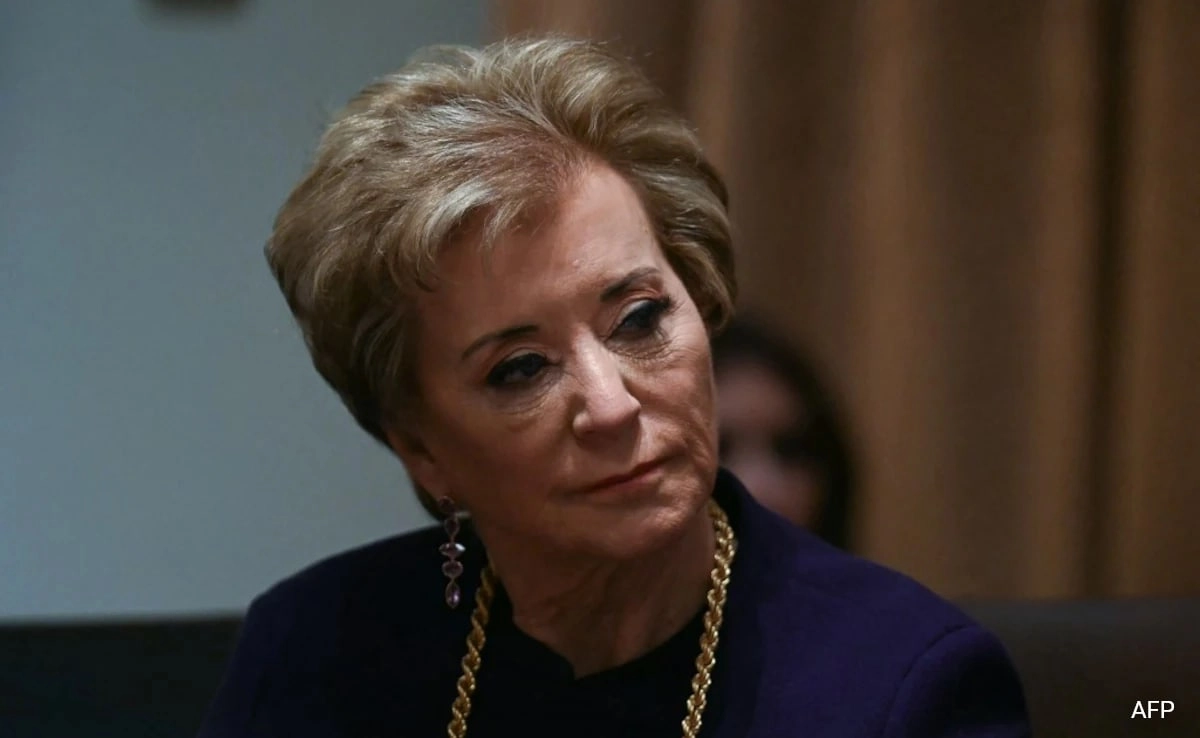As Canada approaches its next federal election, the political landscape is increasingly focused on the potential rivalry between two prominent figures: Mark Carney and Pierre Poilievre. Carney, a former governor of the Bank of Canada and the Bank of England, represents a centrist approach that emphasizes fiscal responsibility and climate action. In contrast, Poilievre, the leader of the Conservative Party, has garnered attention for his more populist and right-leaning stance, appealing to voters who prioritize economic freedom and reduced government intervention. This contest between Carney and Poilievre underscores a broader ideological divide within Canadian politics as both candidates seek to galvanize their respective bases.
While the Canadian political scene is dominated by these two emerging leaders, an unexpected figure continues to loom large: Donald Trump. Though not officially on the ballot, Trump’s influence is palpable, especially among conservative circles in Canada. His brand of politics, characterized by populism and a confrontational approach to governance, resonates with a segment of the Canadian electorate disillusioned with traditional political norms. This dynamic complicates the race, as candidates must navigate the waters of Trump’s legacy while trying to establish their own identities and policies.
The interplay between Carney and Poilievre, coupled with the shadow of Trump, creates a unique electoral environment. Carney’s focus on progressive issues such as climate change and economic equity might attract moderate voters, but he must also contend with the possibility of losing ground to Poilievre’s more aggressive campaign style. On the other hand, Poilievre’s alignment with Trump-like rhetoric may strengthen his appeal among die-hard conservatives, yet it poses risks in attracting centrist voters who may be wary of such divisive politics. As the election date draws nearer, the strategies employed by both candidates will be crucial in shaping their chances of success.
Ultimately, the Canadian election is not just about choosing a leader; it reflects deeper societal values and priorities. Voters will have to consider what type of leadership they want for Canada in an era marked by significant global challenges. The potential clash between Carney and Poilievre, along with the unyielding influence of Trump, will undoubtedly define the political narrative in the lead-up to the election, making it a pivotal moment in Canadian history. As the candidates prepare to engage with the electorate, the outcomes will hinge not only on their individual platforms but also on how they respond to the evolving political climate influenced by both domestic and international factors.




